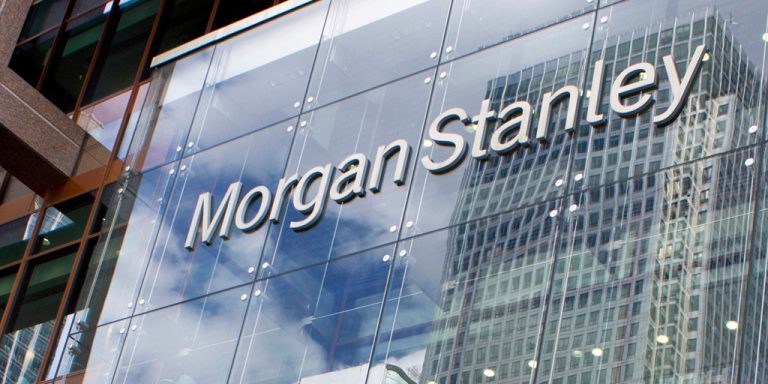
On Monday, Morgan Stanley downgraded Goldman Sachs’ stock from Overweight to Equal-weight and reduced the price target from $659 to $558, citing significant concerns over the bank’s reliance on investment banking revenues, which are highly vulnerable to a downturn.
This downgrade comes as Goldman’s stock has dropped nearly 14% in the past week, with analysts expressing caution over its future performance amid ongoing economic instability caused by President Trump’s escalating tariff war.
The analysts raised concerns that over 60% of Goldman Sachs’s revenues come from its Global Banking & Markets segment, which is particularly exposed to recession risks and market volatility. Investment banking, in particular, has already shown signs of strain, with the tariffs playing a significant role in the mounting uncertainty.
Register for Tekedia Mini-MBA edition 19 (Feb 9 – May 2, 2026).
Register for Tekedia AI in Business Masterclass.
Join Tekedia Capital Syndicate and co-invest in great global startups.
Register for Tekedia AI Lab.
In the wake of President Trump’s global tariff policy, which has led to widespread market concerns, analysts fear that American companies, including major financial institutions like Goldman Sachs, could be severely impacted by rising costs, diminished consumer confidence, and potential market contractions.
As noted by Wedbush analyst Dan Ives, if the tariffs hold at their current levels, they could have devastating effects on the U.S. tech sector, which is a critical driver of the broader economy. Ives stated: “If these tariffs (in current form/rates) hold… it would set the US tech world back a decade in our opinion while China is the clear winner… the US tech supply chain turned upside down overnight and the cost structure will be untenable. Investors know math and the sad reality.”
This statement underscores the growing concerns that Trump’s tariffs will cause severe damage to the U.S. technology sector, a key contributor to the country’s economic strength. As tensions rise between the U.S. and major trading partners, including China, analysts predict that American companies, especially those in high-tech industries, will find it increasingly difficult to maintain profitability. Goldman Sachs, with its exposure to global markets and its reliance on investment banking and trading, is seen as especially vulnerable.
In a research note, Morgan Stanley’s analysts also forecast that Goldman Sachs would fail to meet its internal medium-term return on equity target of 14-16%, projecting only a 12% return on equity (ROE) for 2025 and 13% in 2026. These figures fall below the bank’s targets and suggest potential trouble ahead. Moreover, concerns about the value of Goldman Sachs’s Apple Card portfolio, particularly its exposure to customers with lower FICO scores, have added to the overall sense of unease.
But analysts stopped short of downgrading Goldman Sachs to Underweight, believing that the bank’s Markets division could still benefit from prolonged market volatility, which may drive higher revenues. However, the long-term picture remains uncertain, and the broader risks posed by Trump’s trade war continue to weigh heavily on market sentiment.
The Recession Fears
Trump’s tariffs have sparked fears of a global recession, with analysts warning that the negative impact on trade and global supply chains could push the U.S. economy into a slowdown. The U.S. stock market, which has already been facing volatility, is expected to remain under pressure as companies brace for higher costs and shrinking profit margins.
Experts such as Dan Ives argue that the tariff war is not only undermining the competitiveness of U.S. companies but also disrupting the global supply chain. The overall uncertainty is prompting both investors and corporations to reconsider their long-term strategies, with many now waiting for signs of stabilization before committing to new investments.
“Capital isn’t going to rush to fill that void just because you raised tariffs. It’s going to wait,” Ives added, further underlining the cautious stance taken by the market.
Presently, the U.S. Federal Reserve faces its own challenges in balancing monetary policy, particularly with inflation concerns mounting. This means the impact of the tariffs is expected to be felt in various sectors of the economy. Analysts, including those from J.P. Morgan, have raised the likelihood of a U.S. recession to 60% by the end of the year, with further risks to global economic stability.



